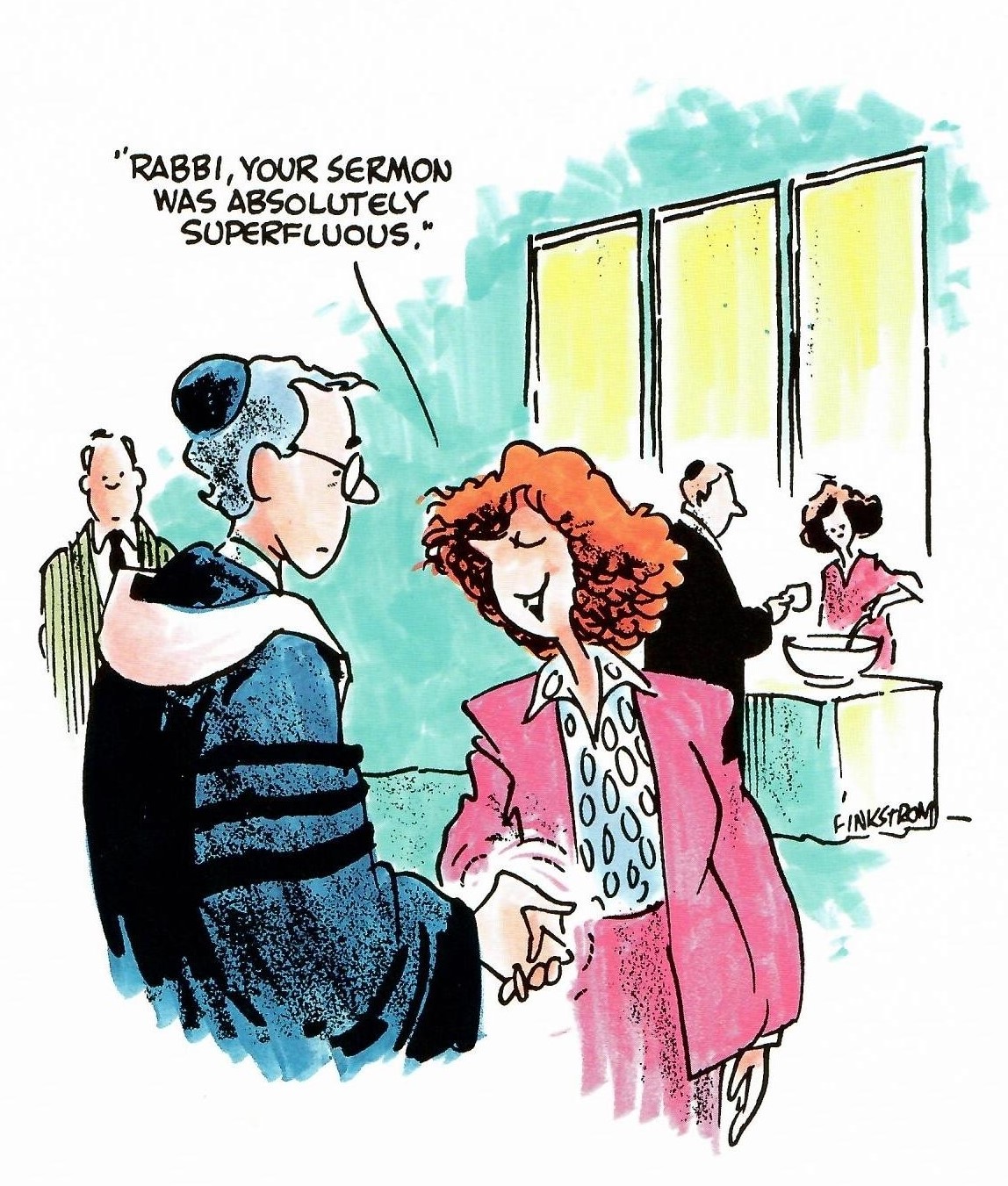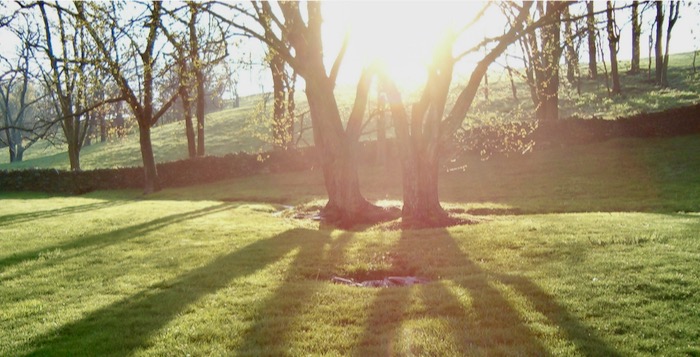
From LUCILLE SIDER
Author of ‘Light Shines in the Darkness’
Dear Friends,
You are not alone.
In four words, that is my message today—and it is such an important truth for all of us to accept and embrace.
A lot of people I know are truly struggling. For the first time in their lives, they wake up with depression—mild though it may be for many people. We’ve been living with this pandemic for a long time already and we have many, many months to go. We’re realizing that we will never return to life as we have known it—and that is very frightening.
Living in the pandemic is truly exhausting, because we have to continually make decisions about how we should respond.
Dare we meet a friend for lunch?
Must we sit outside even though the weather may not cooperate with our plans?
What about the children we have not seen—for months now? We missed their birthday parties and we just want to take them out for ice-cream as we have always done.
And our beloved seniors are so vulnerable whether in their own homes or in a retirement home. We notice that some are quite depressed and we’re trying to do our part in reaching out to them.
We find ourselves struggling with depression as well. We just feel exhausted even though we are not doing much. We’re trying to do our exercises or walk faithfully but we get no pleasure out of it. We’re reading but are having trouble focusing. We’re sick of watching TV.
And oh—we miss the chance to worship with our congregations. We miss that so much! We miss singing. We miss passing the peace and touching base with all those dear folks. Many of us miss communion—going forward and receiving the bread and wine. We long for “coffee hour,” the time to catch up with friends and to reach out to newcomers or chat with the children who are all growing like perfect little weeds.
Our pastors have brilliantly devised ways to keep us all in touch. We’re so grateful, but we are tired of all the distance and limitations. Zoom, which seemed so magical at first, is so limiting.
And there is one more very serious concern I have and that is about sexual abuse. You may have heard that during this time of isolation in our homes sexual abuse is increasing. Victims are often stuck in their homes with abusers. They do not have the usual outside contacts to report the abuse. They seldom see teachers, doctors or clergy.
Dear friends, if you know of a situation where sexual abuse is occurring—please reach out. You can contact a clergyperson, a teacher, social worker, doctor or trusted neighbor. Or you can contact RAINN (Rape, Abuse and Incest National Network). RAINN ) RAINN works with 1,000 sexual assault providers across the nation. Their number is 800-656-HOPE.
You can reach out to me, if you would like me to make a Zoom appearance to talk with your small group or circle of friends about the wisdom I’ve tried to share in my book Light Shines in the Darkness. I am available as we have said before in this online magazine. Just email [email protected]
I wrote this letter today to remind all of you: Wherever you are and whatever you are facing—there is HOPE.
You are not alone.
Blessings to you.
Lucille
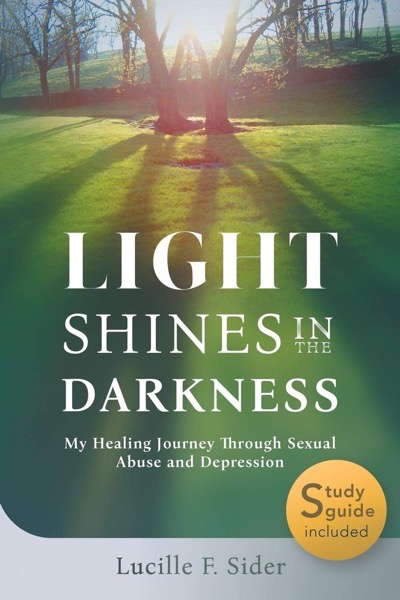
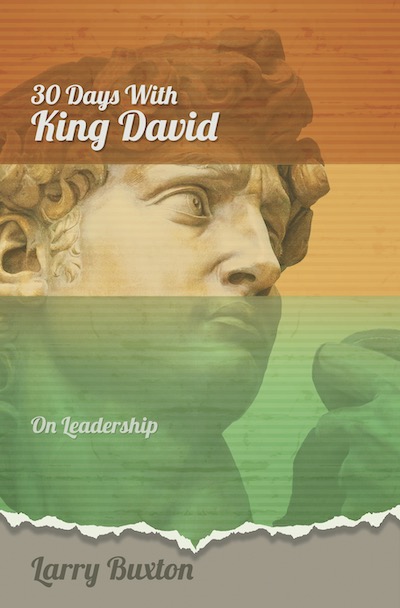
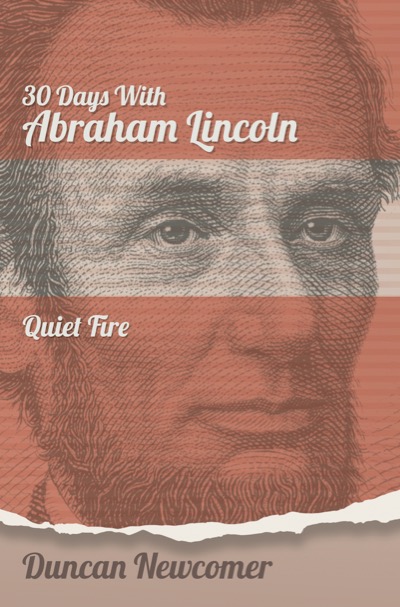

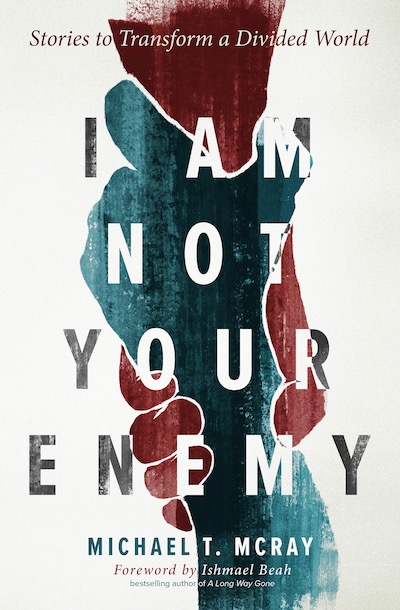
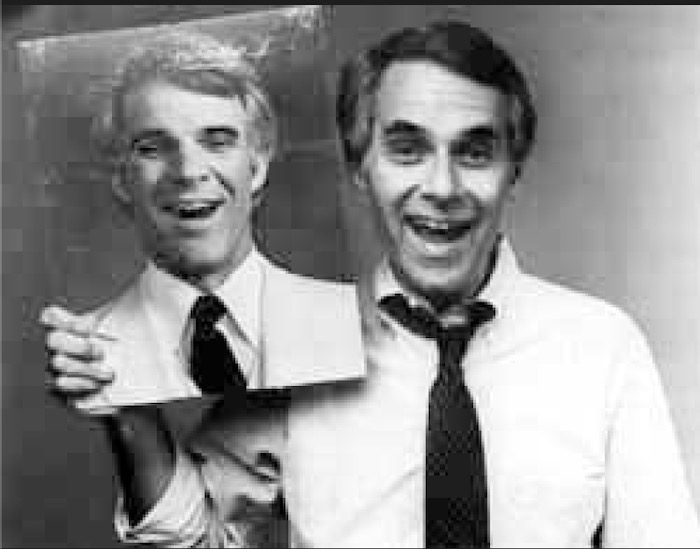 Well, at least I appeared on stage with a blow-up photo of him to show how much we’re alike.
Well, at least I appeared on stage with a blow-up photo of him to show how much we’re alike.